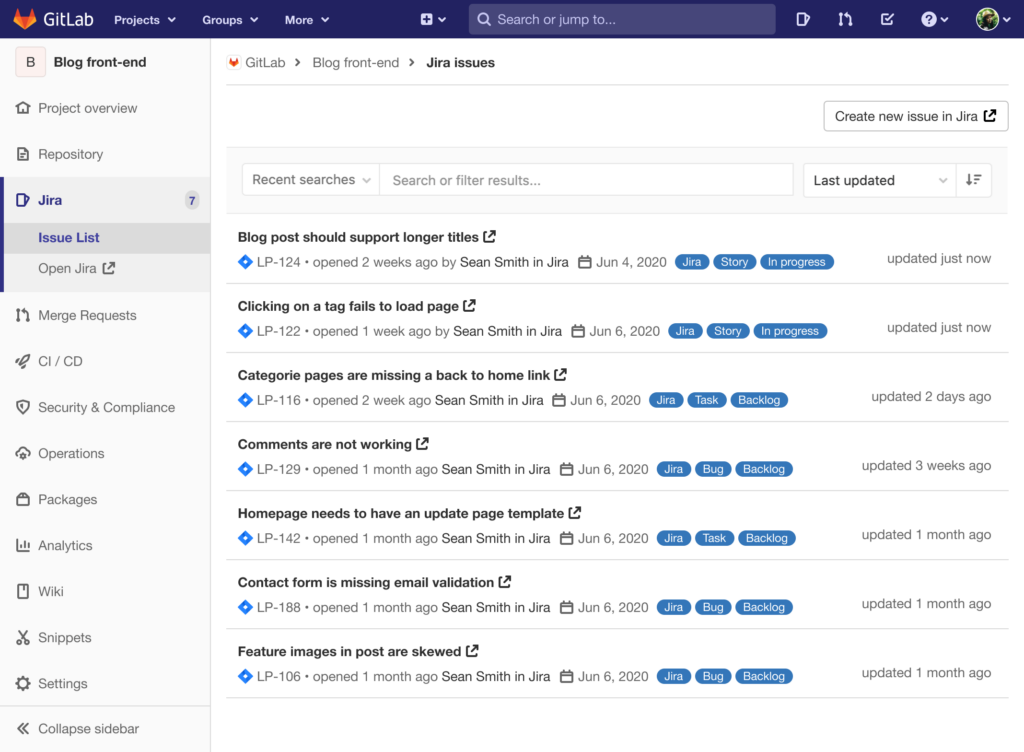
GitLab has bumped the version number of its DevOps platform to 13.2, continuing its pattern of introducing new features every month.
The headline feature in this release is the ability to assign issues to more than one “milestone” – GitLab jargon for a way of organising issues and merge requests into cohesive iterations. A milestone could be a release or could be part of a release.
While this may seem a small change, it is significant because lack of flexibility in this was annoying for teams adopting an agile development methodology such as Scrum. Teams had to use a spreadsheet or similar to track progress in sprints, the Scrum unit of iteration or “time-box”, or else use milestones for sprints and the spreadsheet for other longer-running iterations. GitLab says it is part of a long-term strategy to enable more agile development.
Load performance testing has been introduced in this version. This uses the open-source tool k6. k6 does not support rendering pages in a web browser, but does include a JavaScript runtime. GitLab already has a browser performance testing feature based on another open-source project, sitespeed.io. Both are premium features.

GitLab is also highlighting its new support for displaying Jira issues natively within a GitLab project. Jira is Atlassian’s issue-tracking product. This integration requires at least a Premium GitLab subscription. Part of the interest here is that GitLab’s desire to be a one-stop shop for all DevOps has made it unpopular with vendors of more specialist products. Jira support shows how we “play well with others“, says GitLab, but this referenced statement from the GitLab handbook also notes that “there is some natural tension between GitLab being a single-application for the entire DevOps lifecycle, and our support for better user experience via integration with existing DevOps tools. We’ll prioritize first our efforts to improve the single-application experience, second to enable a rich ecosystem of partners, and third to improve integration with the broader ecosystem.”
Container Host Security is also new fin this release. It’s early days for the feature, which currently includes the Falco monitoring tool and AppArmor for enforcing security policy on Linux. AppArmor “has a far lower barrier to entry than other popular MAC [Mandatory Access Control] systems,” according to its documentation.
Other features are the ability to see line-by-line differences in versions of Wiki pages, and “advanced global search”, which lets you search across multiple projects in the same GitLab group. The ability to deploy multiple Kubernetes clusters have been moved from Premium to Core.
The full list of new features is listed in the release post. GitLab says that “for the first time ever, more than 300 MRs [merge requests] came from the community rather than from GitLab staff.”
GitLab is perceived as the competitor to GitHub, the Microsoft-owned developer collaboration site. It is true that both are online code repositories (with options for self-hosting) but beyond that there are many differences, with GitLab having a broader scope. Another key difference is that despite GitLab’s lofty ambition to cover everything DevOps, the company is unusually open in its development process, with details of future releases available for view and comment.
